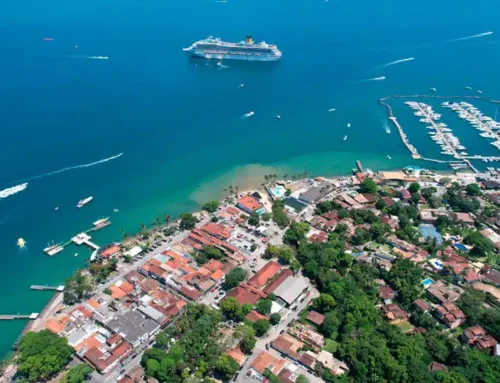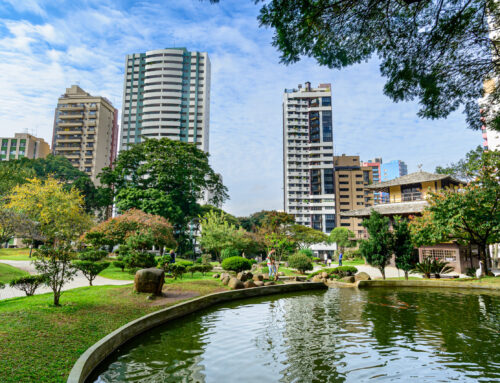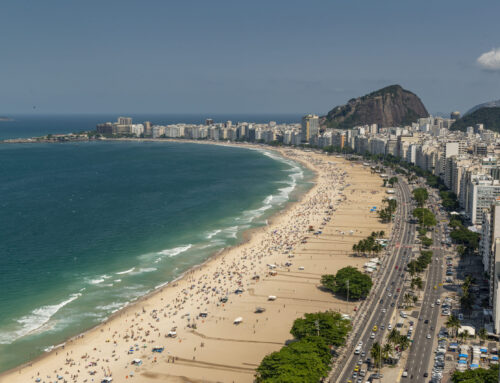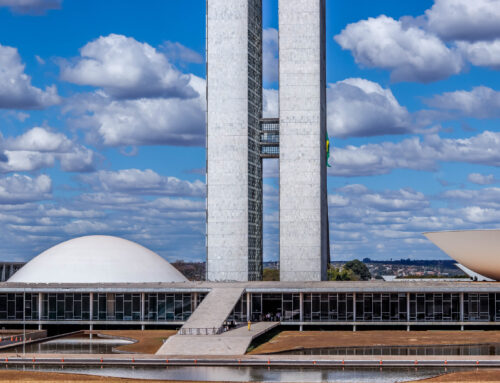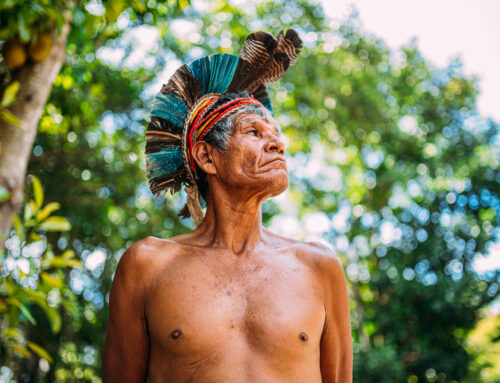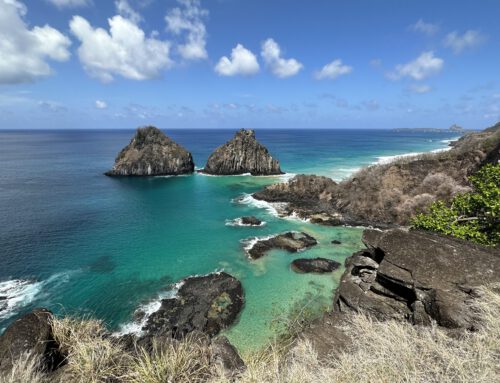Brazil is a mosaic of cultures and landscapes, divided into five major regions, each with its unique characteristics. Among them, the Northeast stands out for its vibrant cultural tapestry and natural beauty. Covering an area of 1,552,175.42 km² and with a population of 54,658,515, this region is the pulsating heart of Brazilian folklore and festivities.
States and Capitals
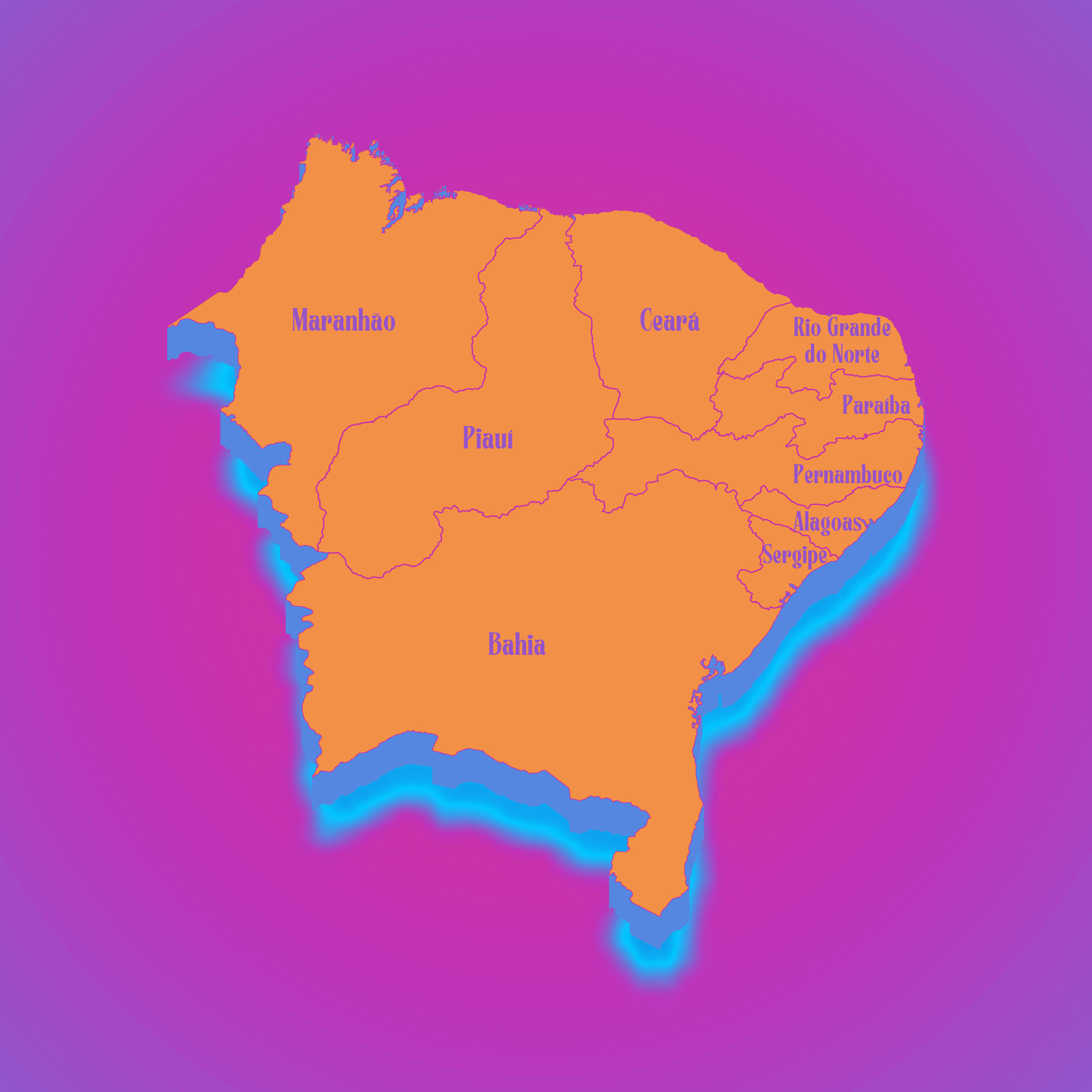
Bahia (Salvador)
Bahia, with Salvador as its capital, is a cultural and historical gem of Northeast Brazil. Salvador, the vibrant heart of the state, is renowned for its lavish festivities like Carnival and its rich musical and culinary tradition. The Pelourinho, the historic center of the city, is a treasure trove of colonial architecture and baroque churches, and one of many places that make Bahia a center of Afro-Brazilian culture. The cultural diversity, stunning beaches, and deeply rooted history make Bahia a must-visit destination for any traveler.
Pernambuco (Recife)
Pernambuco, with its capital Recife, is a Brazilian state known for its rich cultural and historical tapestry. Recife is famous for its colorful carnivals, especially that of Olinda with its famous giant dolls, and for its preserved colonial architecture. Besides its effervescent cultural scene, Pernambuco is home to stunning beaches like Porto de Galinhas, known for its crystal-clear natural pools, and a delicious local cuisine that attracts palates from around the world.
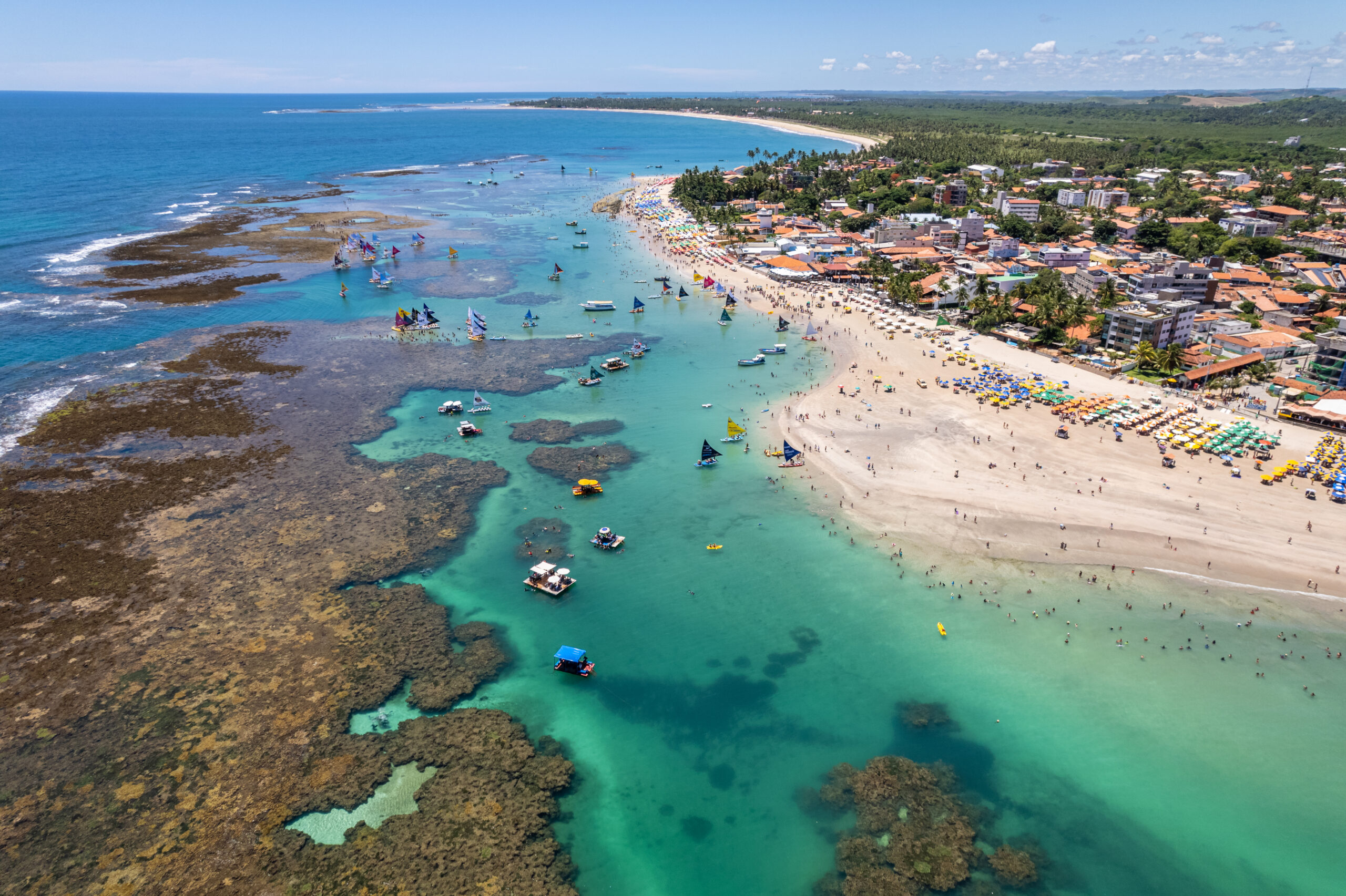
Ceará (Fortaleza)
Ceará, with Fortaleza as its vibrant capital, is one of the most captivating destinations in Northeast Brazil. Fortaleza delights visitors with its extensive urban beaches like Praia do Futuro and a lively nightlife. Besides the capital, Ceará is famous for Jericoacoara, a hidden paradise among huge dunes and crystal-clear lagoons. The state’s culture is a rich melting pot of indigenous, Portuguese, and African influences, manifesting in its music, dance, and traditional festivals.
Rio Grande do Norte (Natal)
Rio Grande do Norte, with its capital Natal, is one of the most enchanting states in Northeast Brazil, known for its idyllic beaches and majestic dunes. Natal is celebrated for its natural beauty, including Ponta Negra Beach and the Dunes Park. Additionally, the state is noted for the world’s largest cashew tree in Pirangi and the rich history that can be explored at the Forte dos Reis Magos. The hospitality and joy of the people are infectious, making each visit a memorable experience.
Paraíba (João Pessoa)
Paraíba, with João Pessoa as its capital, is a state that blends tranquility with a rich cultural heritage. João Pessoa is one of Brazil’s oldest cities and is known for its stunning coastline and high quality of life. The state also boasts the easternmost point of the Americas, Ponta do Seixas, and the historic São Francisco Cultural Center, reflecting the region’s rich baroque architecture. Paraíba offers an authentic experience with its traditional festivals and the warm hospitality of its people.
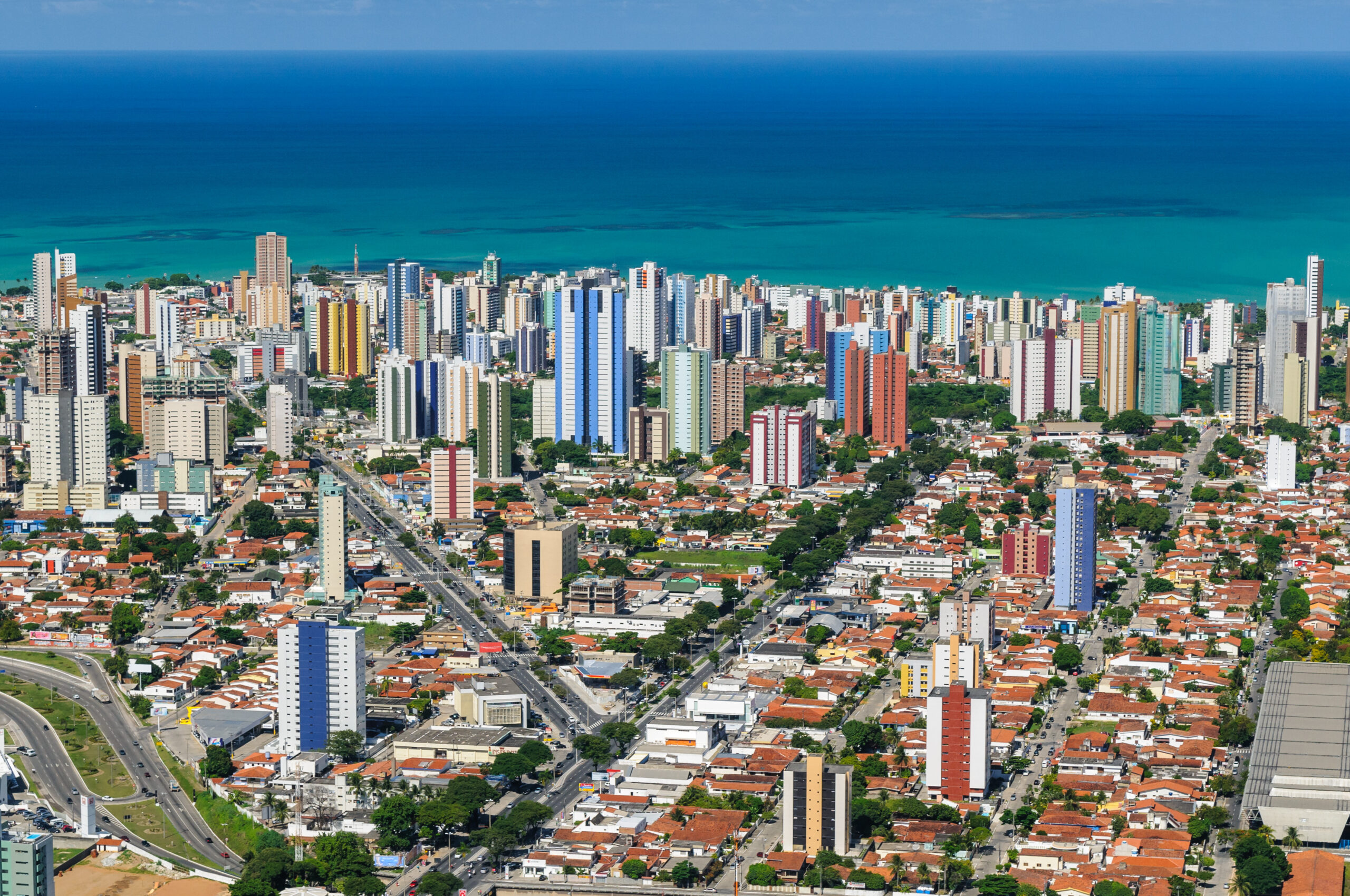
Alagoas (Maceió)
Alagoas, with its capital Maceió, is renowned for its spectacular beaches with crystal-clear waters and white sands, such as Pajuçara and Maragogi, often referred to as the “Brazilian Caribbean”. The state is also noted for its rich folk culture and craft production, especially the filé embroidery, a local symbol. The Alagoan cuisine, particularly seafood, enhances the enchanting experience that Alagoas offers its visitors.
Sergipe (Aracaju)
Sergipe, the smallest state in Brazil, has Aracaju as its capital and offers a unique charm with its urban beaches like Atalaia, perfect for evening walks. The state is known for its rich cultural heritage and vibrant events such as the São João, one of the liveliest in the Northeast. Additionally, Sergipe features the Xingó Canyon on the São Francisco River, a natural spectacle that attracts tourists seeking adventure and impressive landscapes.
Maranhão (São Luís)
Maranhão, with its capital São Luís, stands out in Northeast Brazil for its unique culture and rich biodiversity. São Luís, known as the Brazilian capital of reggae, has a beautiful historic center in Portuguese colonial style, declared a World Heritage Site by UNESCO. Besides its vibrant culture, Maranhão is famous for the Lençóis Maranhenses, a national park featuring vast landscapes of white sand dunes and crystal-clear freshwater lagoons, offering one of Brazil’s most spectacular views.
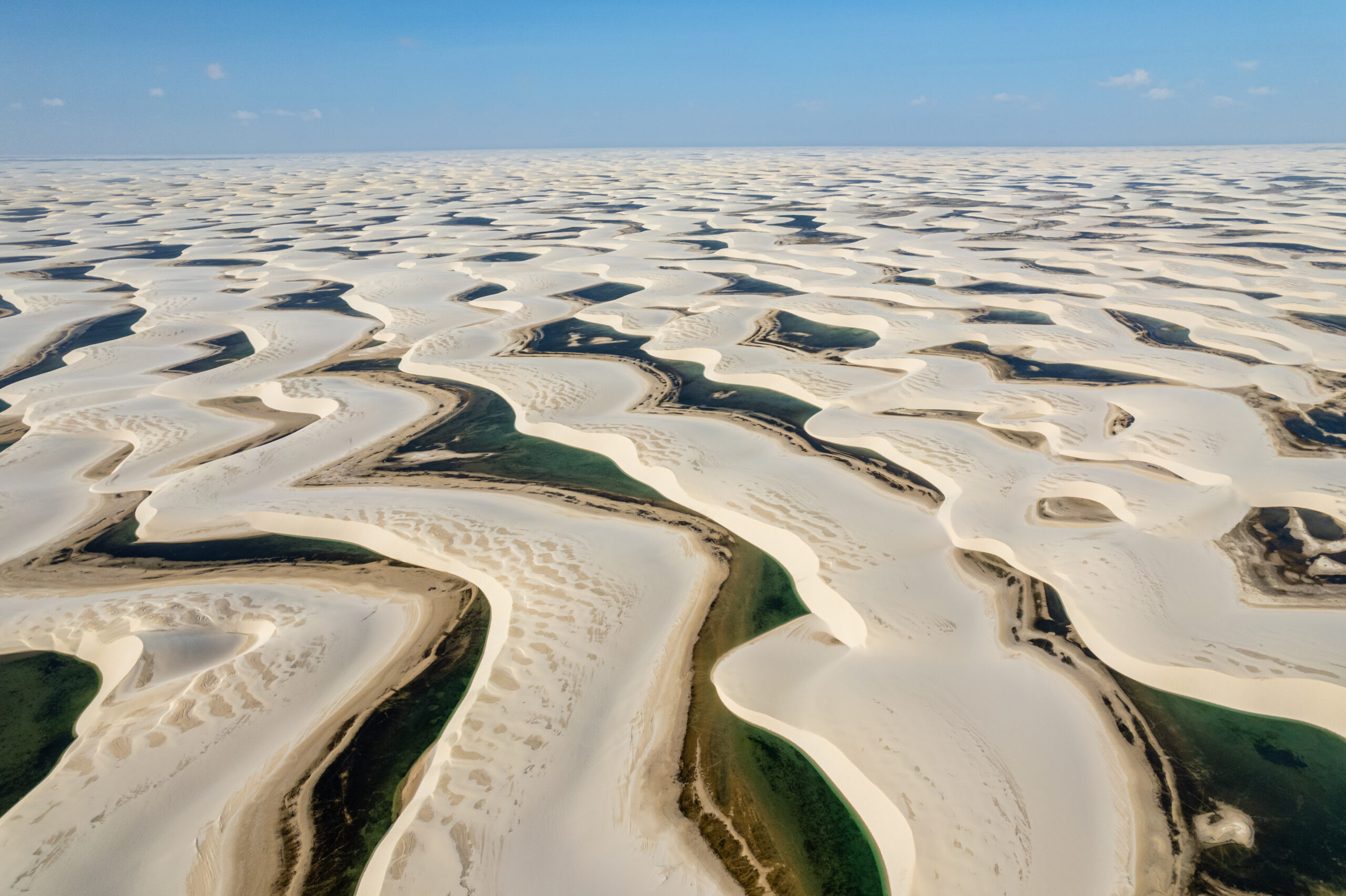
Piauí (Teresina)
Piauí, with its capital Teresina, is prominent in the cultural and historical scene of the Northeast. Teresina, the only non-coastal northeastern capital, is famed for its human warmth and rich culture. The state is also home to the Serra da Capivara National Park, a globally significant archaeological site housing some of the oldest evidence of human presence in the Americas. Additionally, Piauí is known for its traditional festivities, such as São João, which celebrates local culture with great enthusiasm.
The Northeast region of Brazil is an invitation to delight the senses, a place where the sun shines brightly and the local culture further warms the atmosphere. Come discover this vibrant paradise!
Source: IBGE

